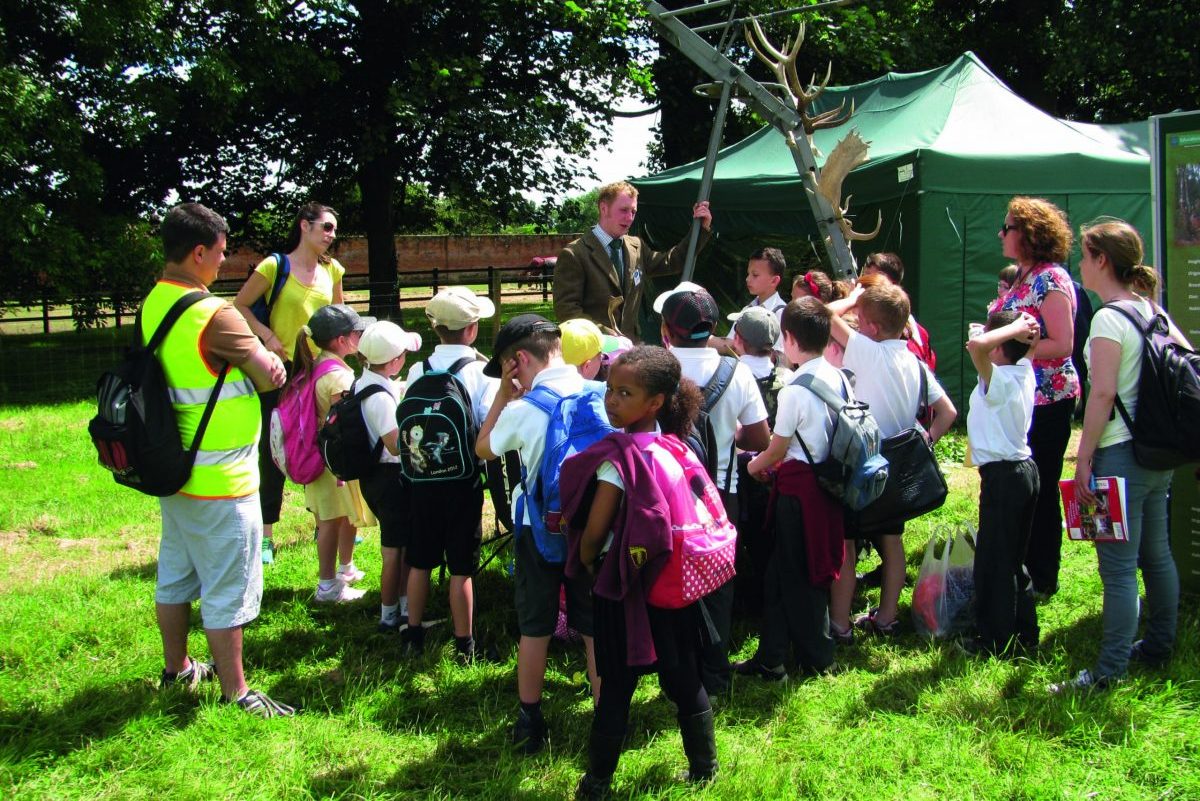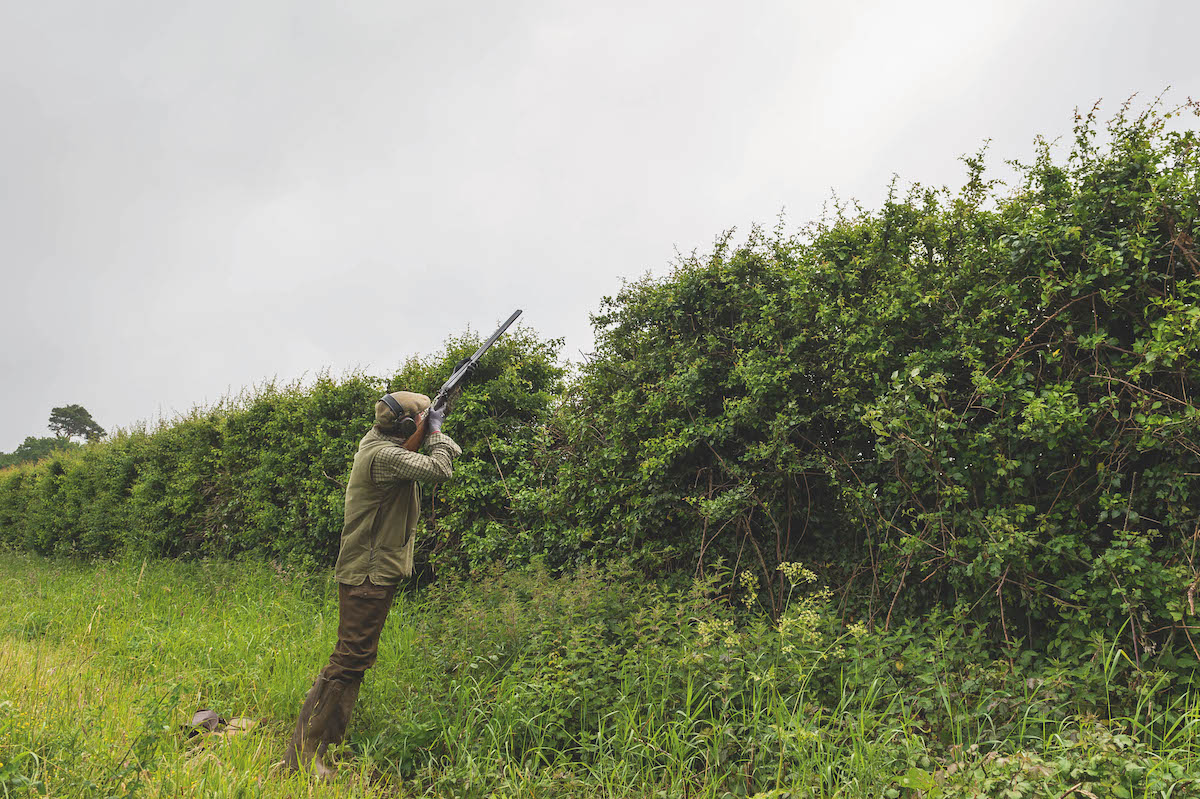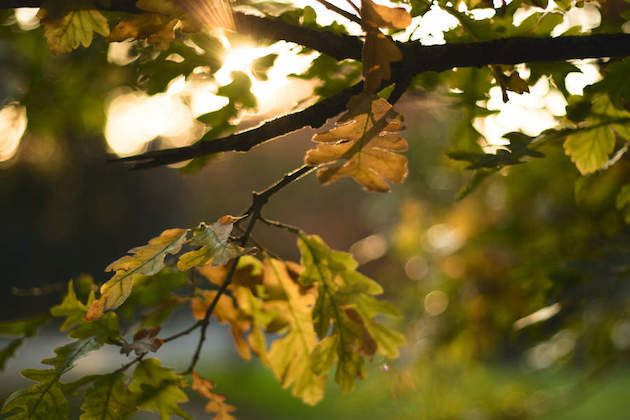Why countryside education for children is so important
A sunny day of countryside education and inspiring schoolchildren is rewarding for all concerned

The sun was shining last week during our annual Countryside Classroom Day, organised by Countryside Learning. For those who don’t know, Countryside Learning is a charity that, among other things, helps to plan and fund trips to promote countryside education – for schools to farms and estates, where teachers and pupils can learn the basics of food production, farming and other rural activities, including gamekeeping.
The charity’s mission is to educate, inform and inspire children, parents and teachers so they can enjoy and appreciate the countryside while having a greater understanding of the range of issues surrounding it — very similar aims to those of the National Gamekeepers’ Organisation’s Educational Trust (NGOET), who gave one of the talks.
Countryside education – promoting understanding
We invite our local schools to a walk and talk on the estate, and while most of the schools that attend are quite rural, it would be wrong of us to assume that the teachers and pupils have any great countryside education or a huge understanding of farms, farming and country life. Many of those who come do, of course, but there are those who don’t. And it is up to us, the demonstrators, in our brief 20-minute activity slots, to explain a little of what we do and answer any questions on the matter of countryside education.
When answering questions from pupils and teachers, and indeed members of the public when we are out and about, it is so important that we listen and take the time to answer them truthfully and don’t dismiss something out of hand or, worse still, laugh or smirk because we thought the question odd or the answer obvious. For many of the people who take an interest in the countryside and country sports, asking a question of a stranger is the first and hardest step; to be shut down or ridiculed helps no one and can easily make an enemy of someone who could have become a friend.
Nor should we fall into the trap of assuming that people who live rurally know how and why we do things, and that those who live in suburbia don’t. There is no such thing as a town and country divide. It is often talked about and used as a weak defence against those who have views that oppose our own, but it couldn’t be further from the truth. There are people who live and work in cities and towns who are actively involved in country sports and many who live in the sticks who have no idea what is going on on their own doorsteps.
The NGOET stand was once again manned by Brian Hayes and his wife Yvonne. And it was good to have them back after the disruption of the past couple of years. I manned the stand last June with one of our beatkeepers and found it easier than I thought, but having watched Brian and Yvonne explain the conservation benefits of gamekeeping and game shooting to primary school teachers and pupils with such practised and consummate ease,
I feel we have room to improve.
Without exception, the teachers and pupils enjoyed their day, as did the demonstrators and volunteers. The talk about cattle covered the important role native breeds can play in managing grassland and the differences in the way they are managed when compared with more modern and less hardy breeds. The horses were stroked and patted and painted and drawn.
The gundog demonstration, the highlight of which was a water retrieve between two rows of excited, shouting, cheering children, covered the basics of obedience training and the different roles of different breeds on shoots and shoot days.
The other activities, including the talk given by the NGOET representatives, were equally informative and all very well received. All the schools have asked to come back, and if feedback on the day is anything to go by, the pupils are as keen as the teachers.








